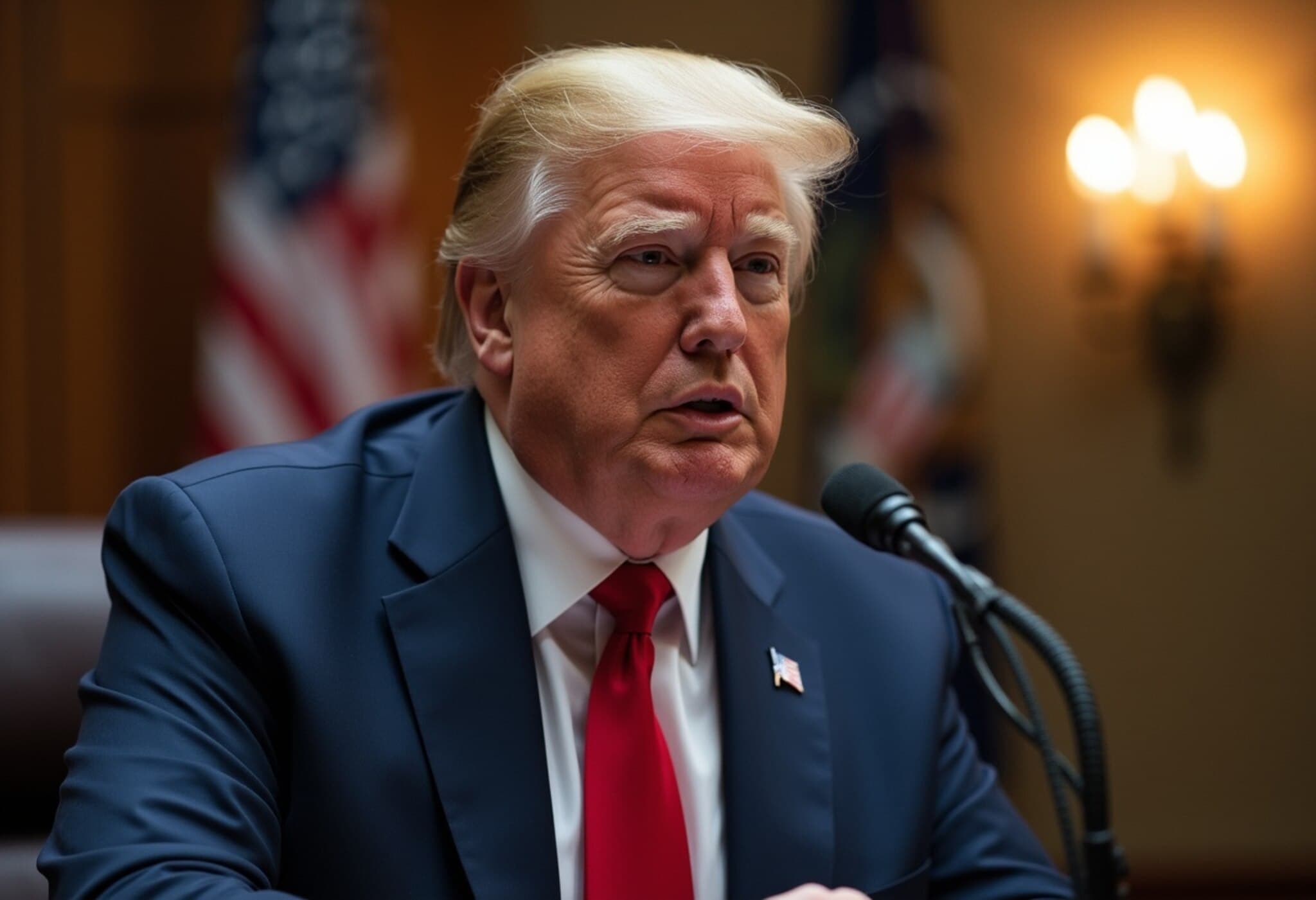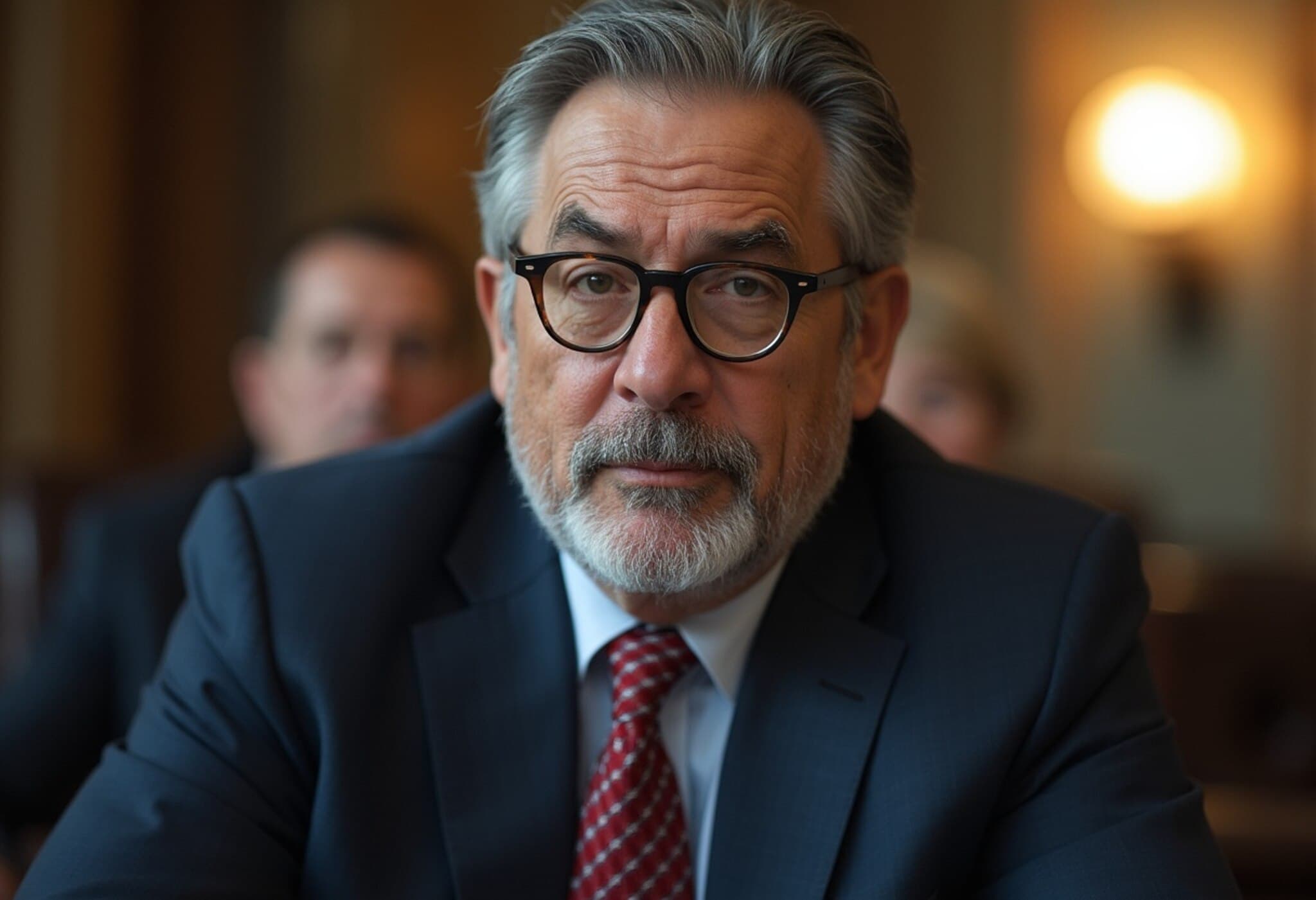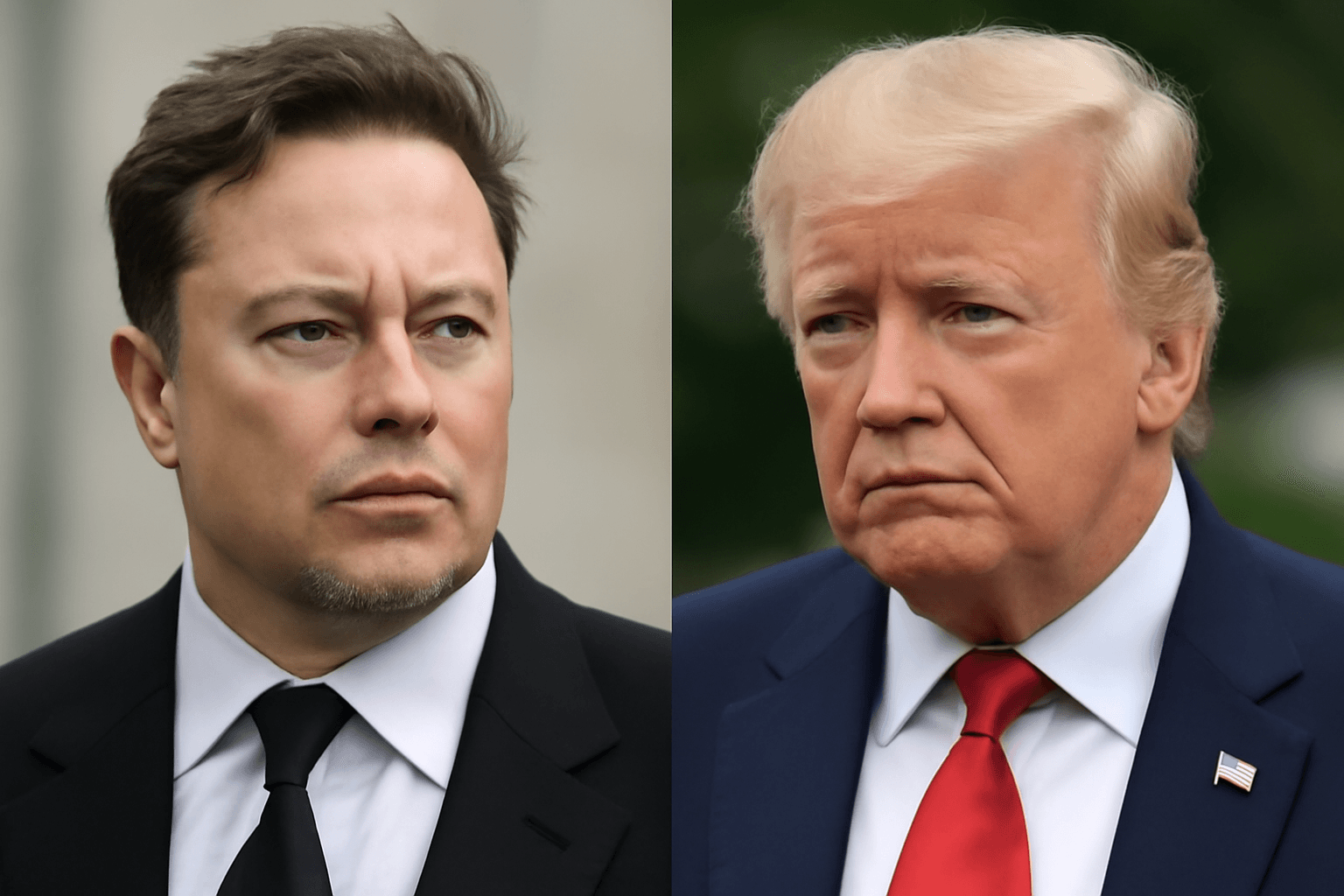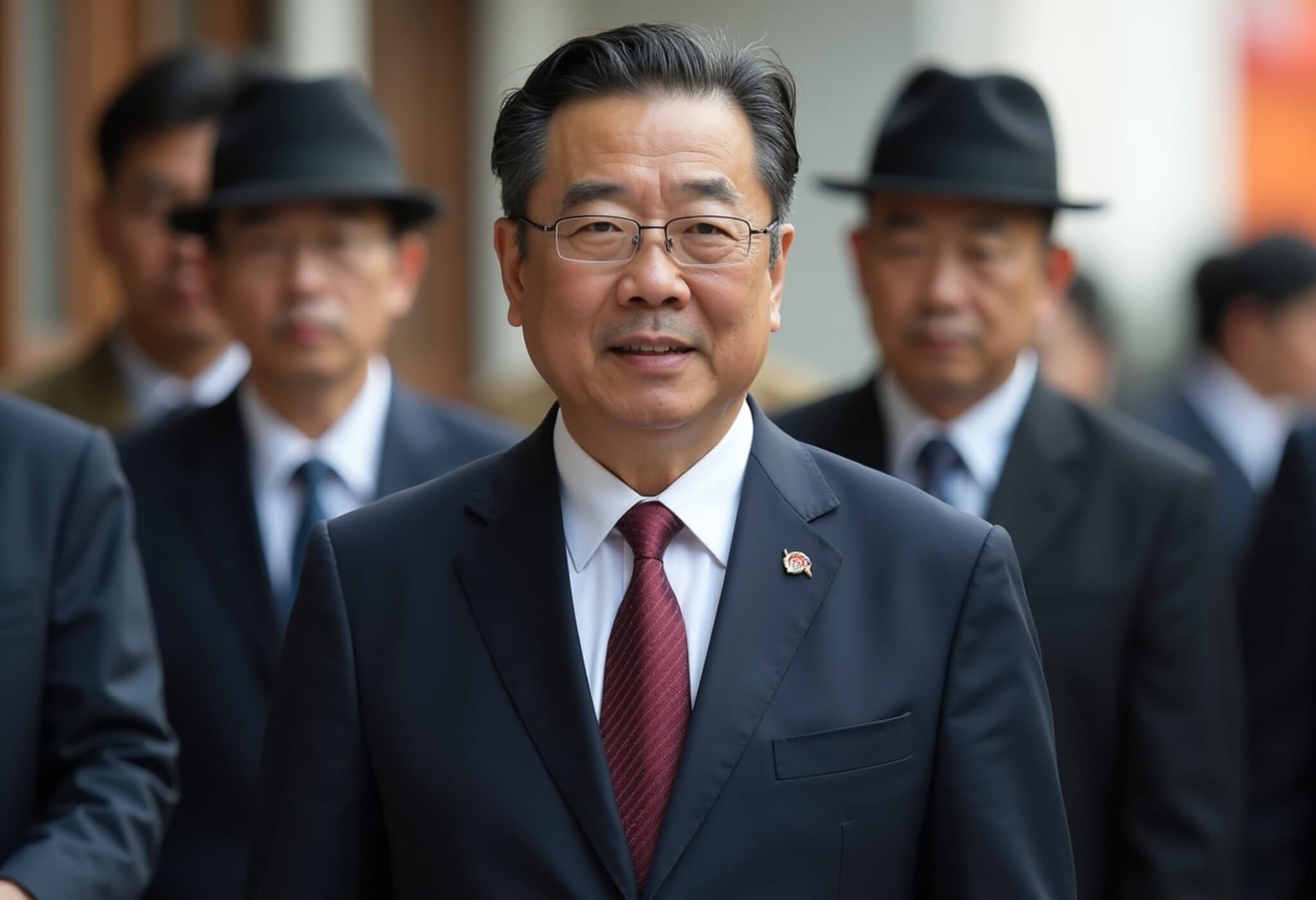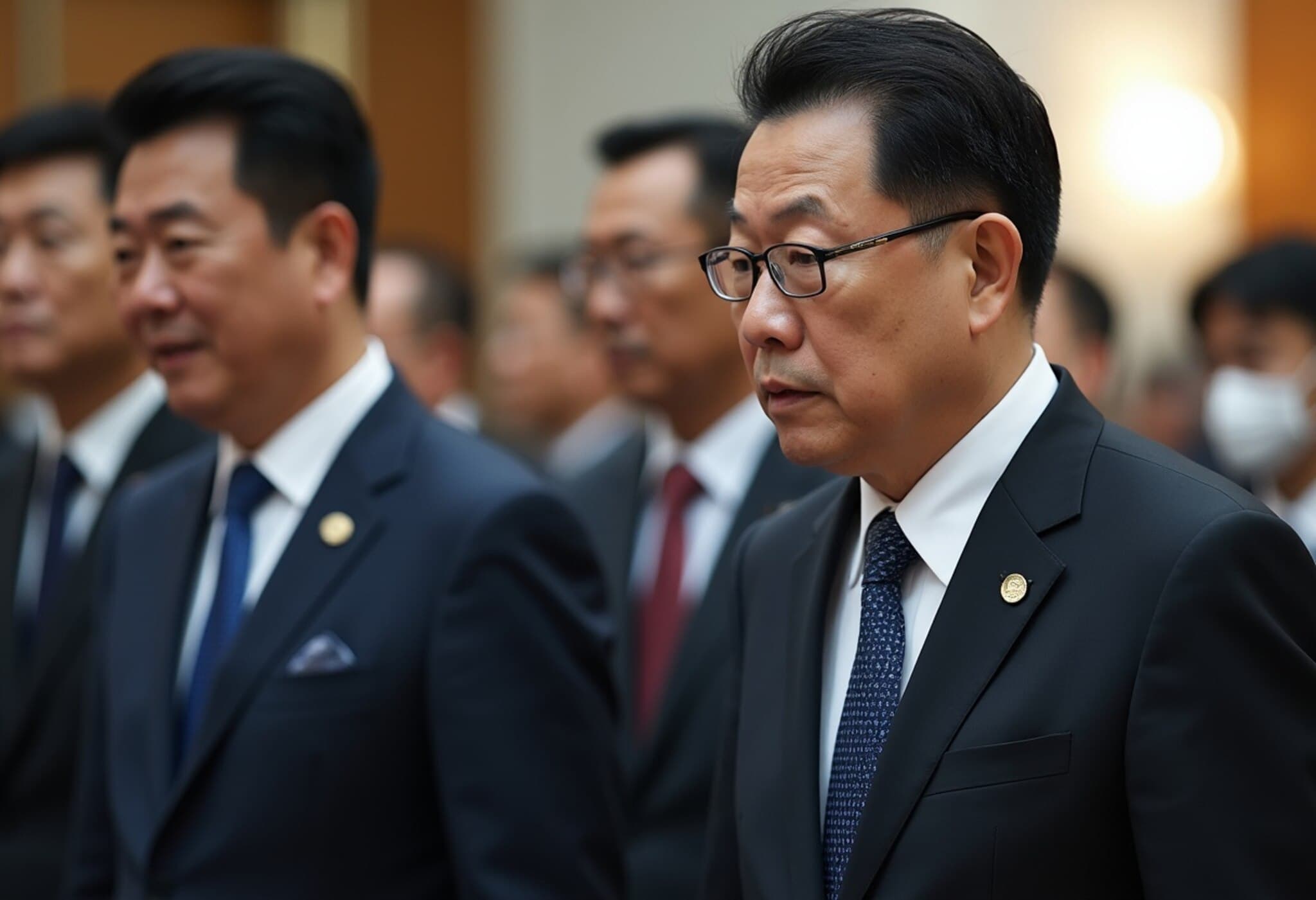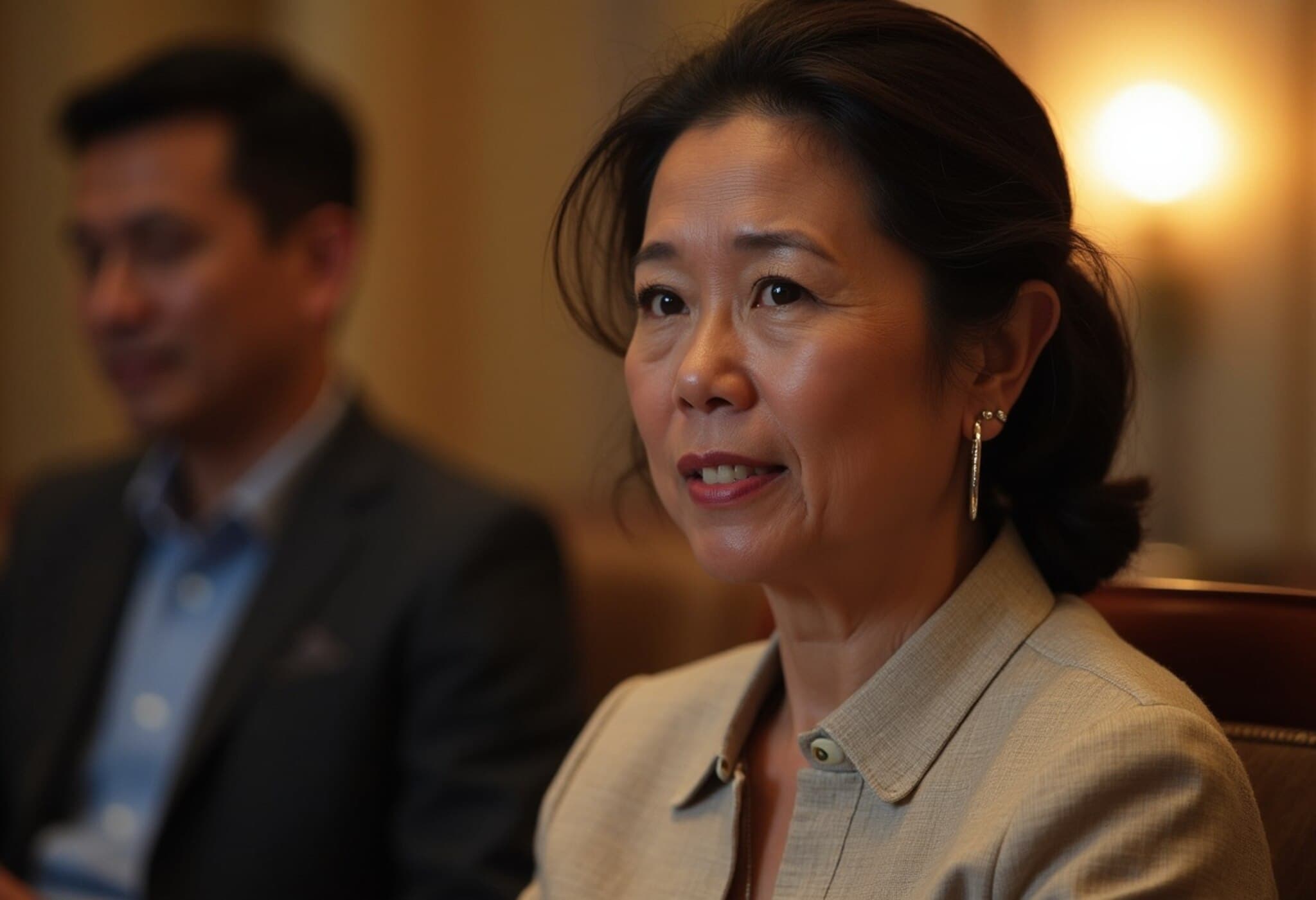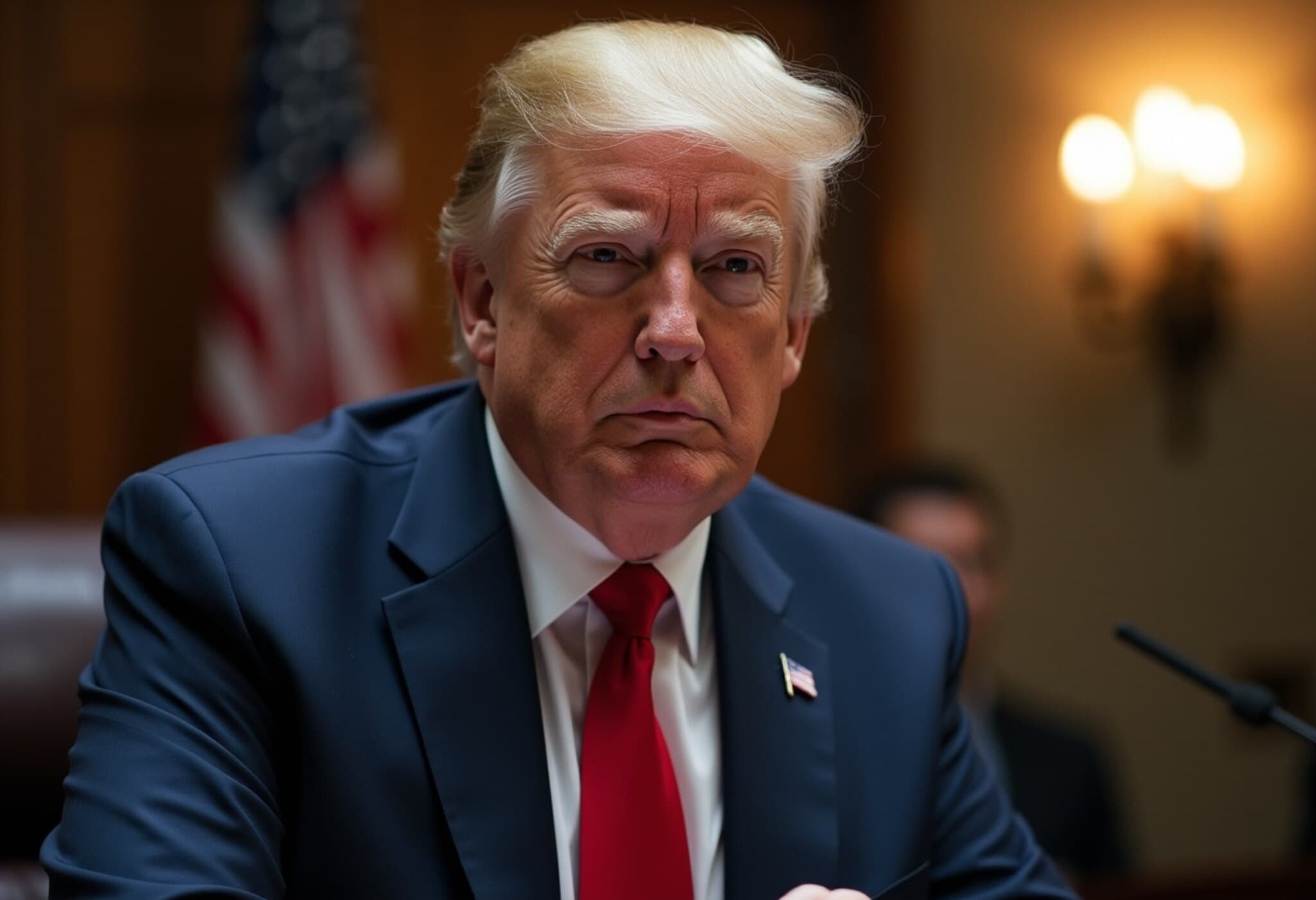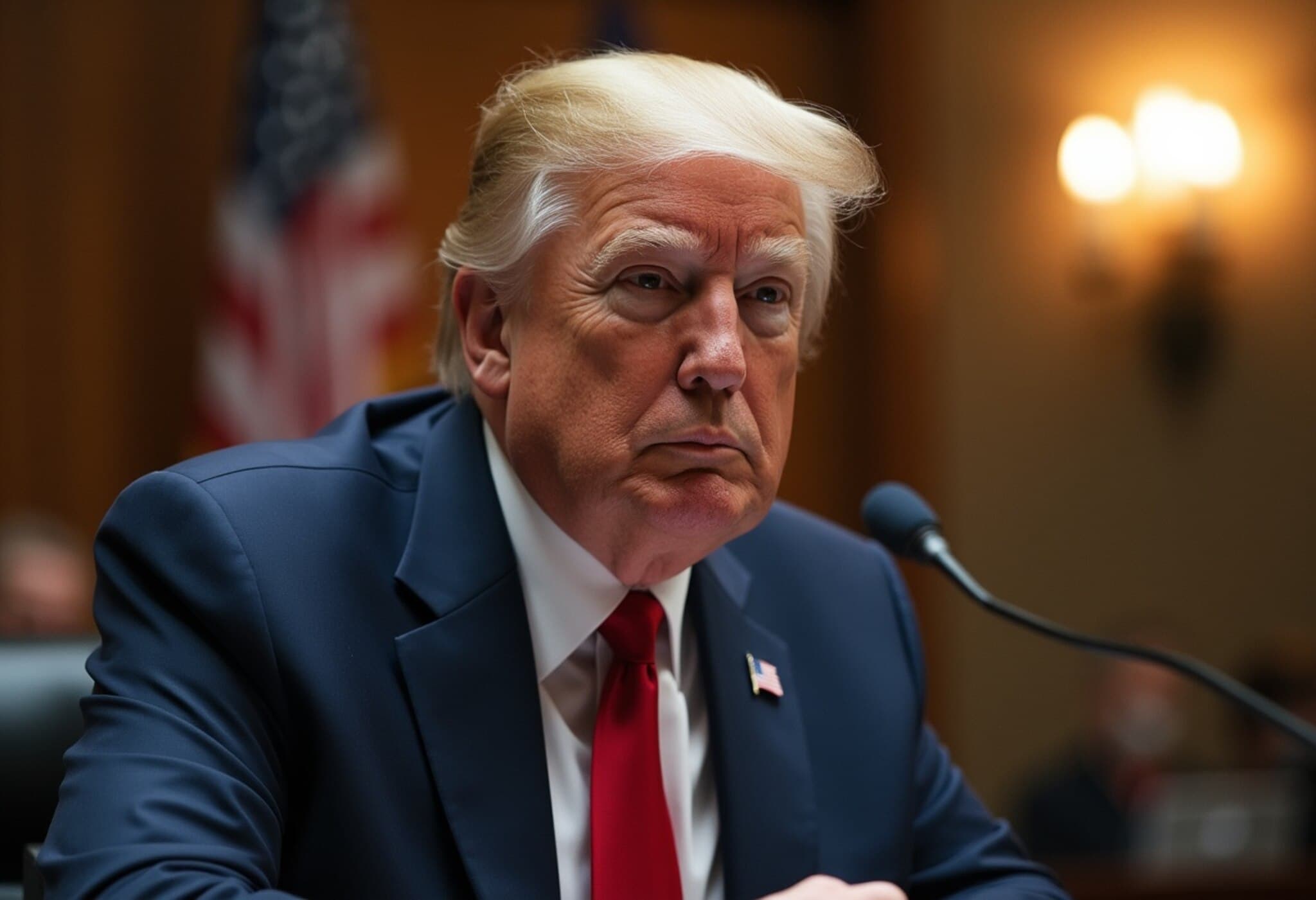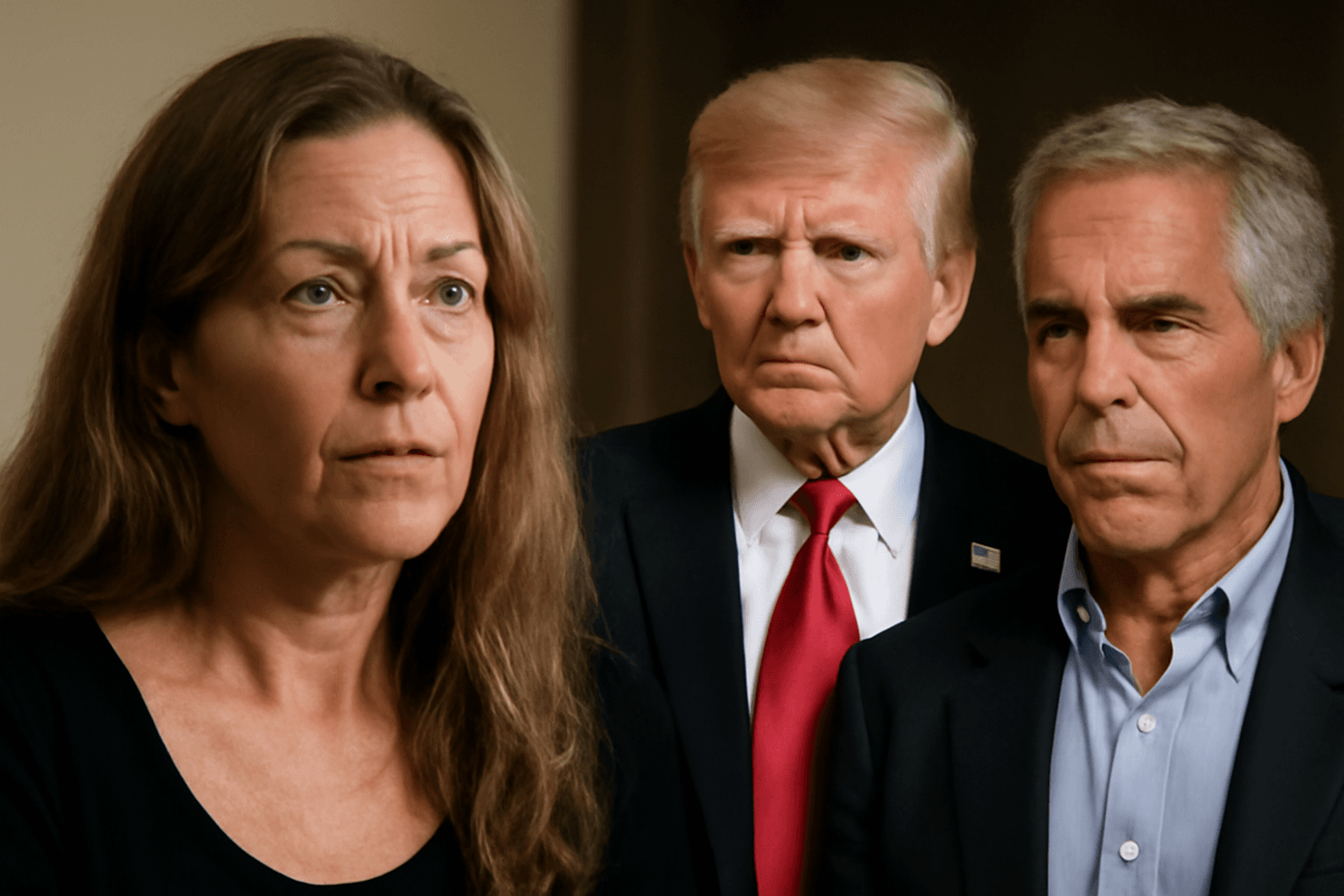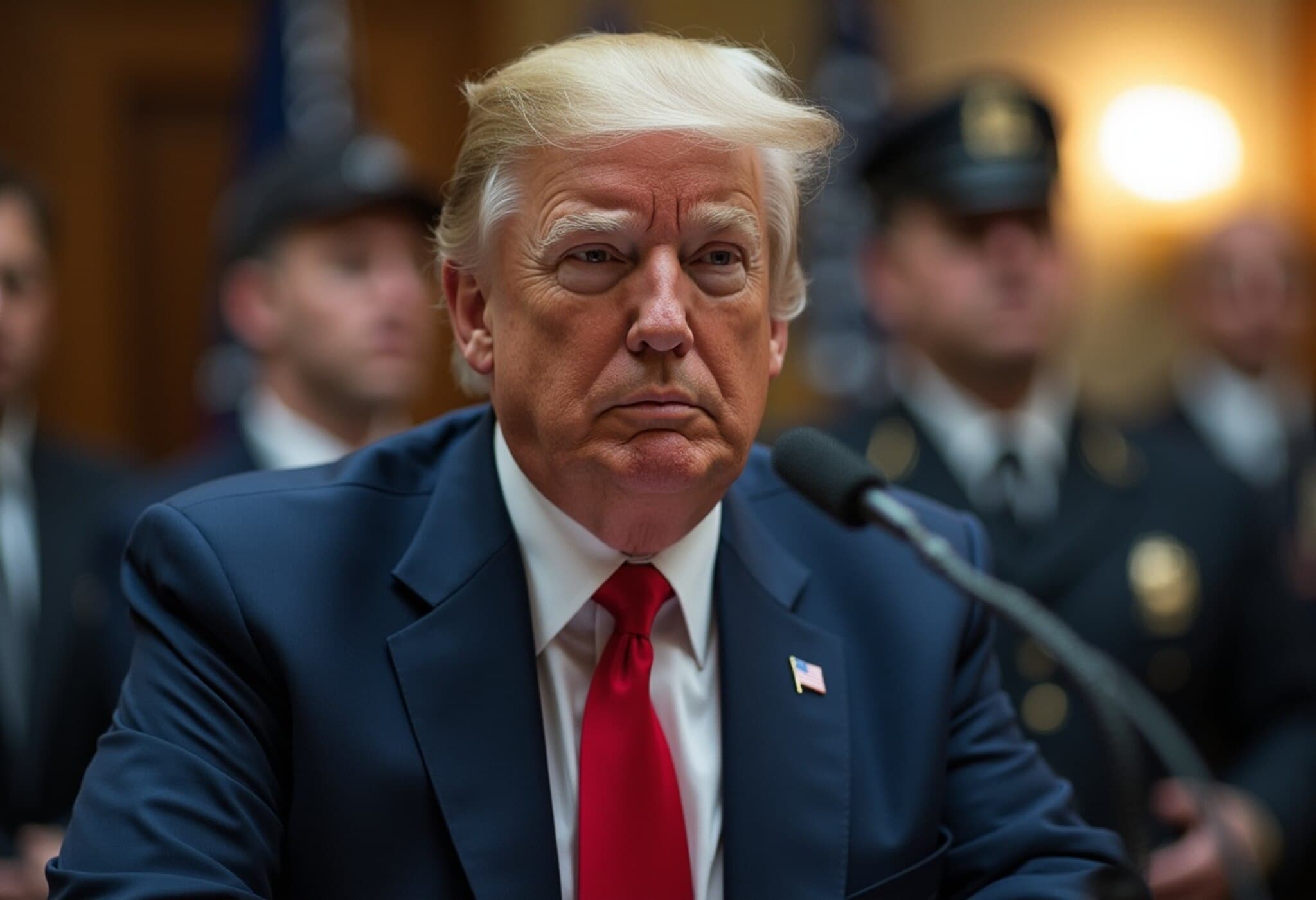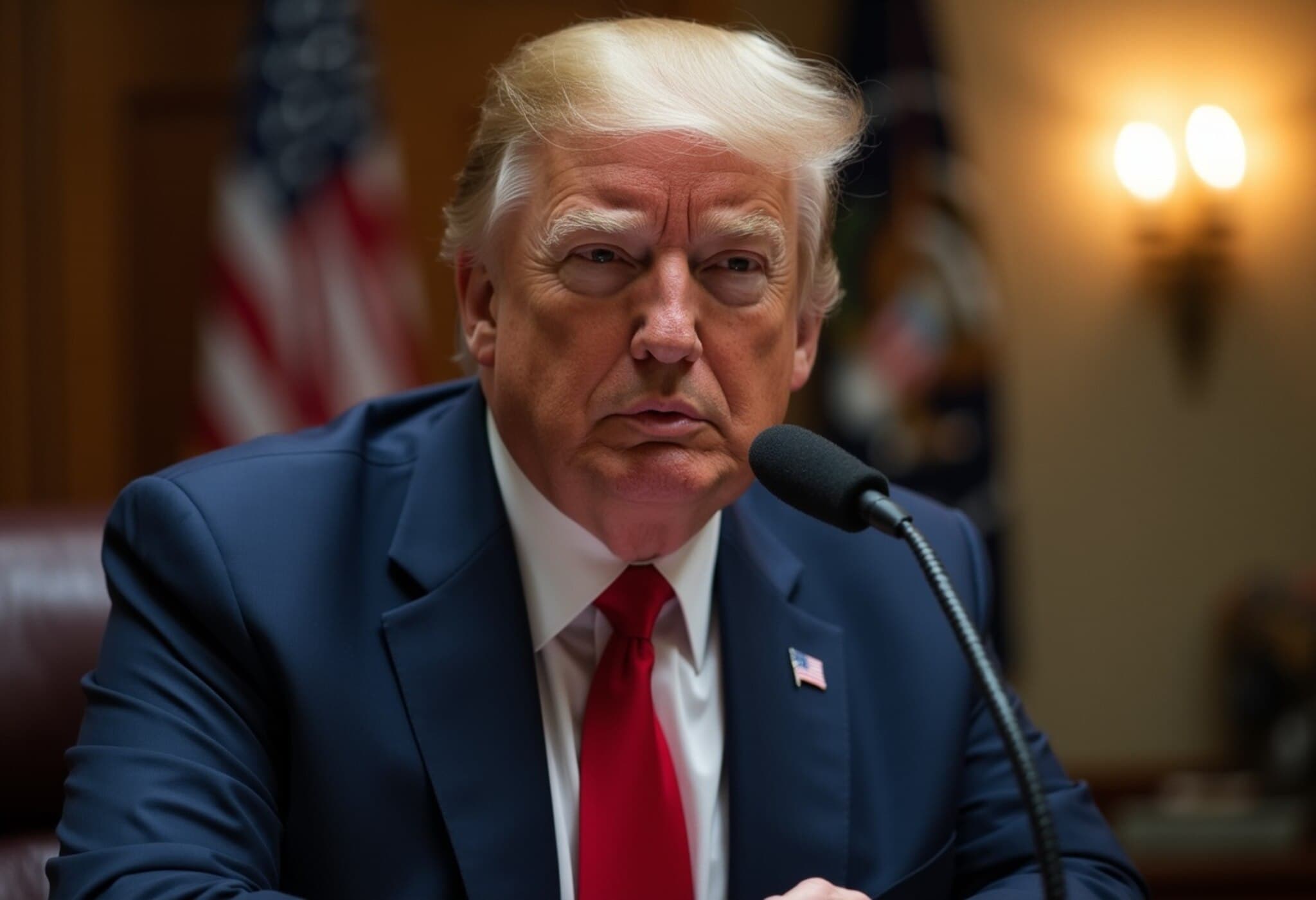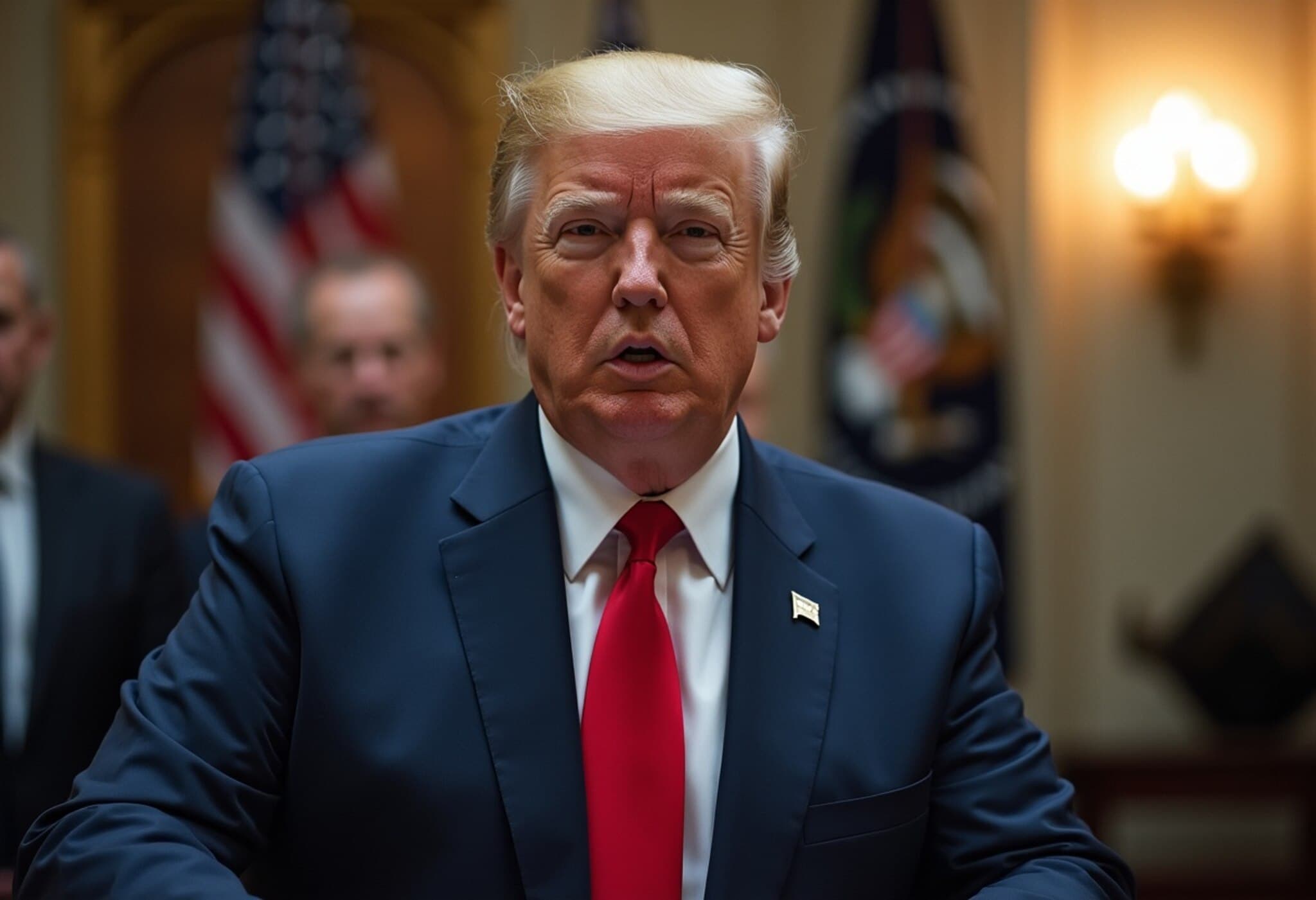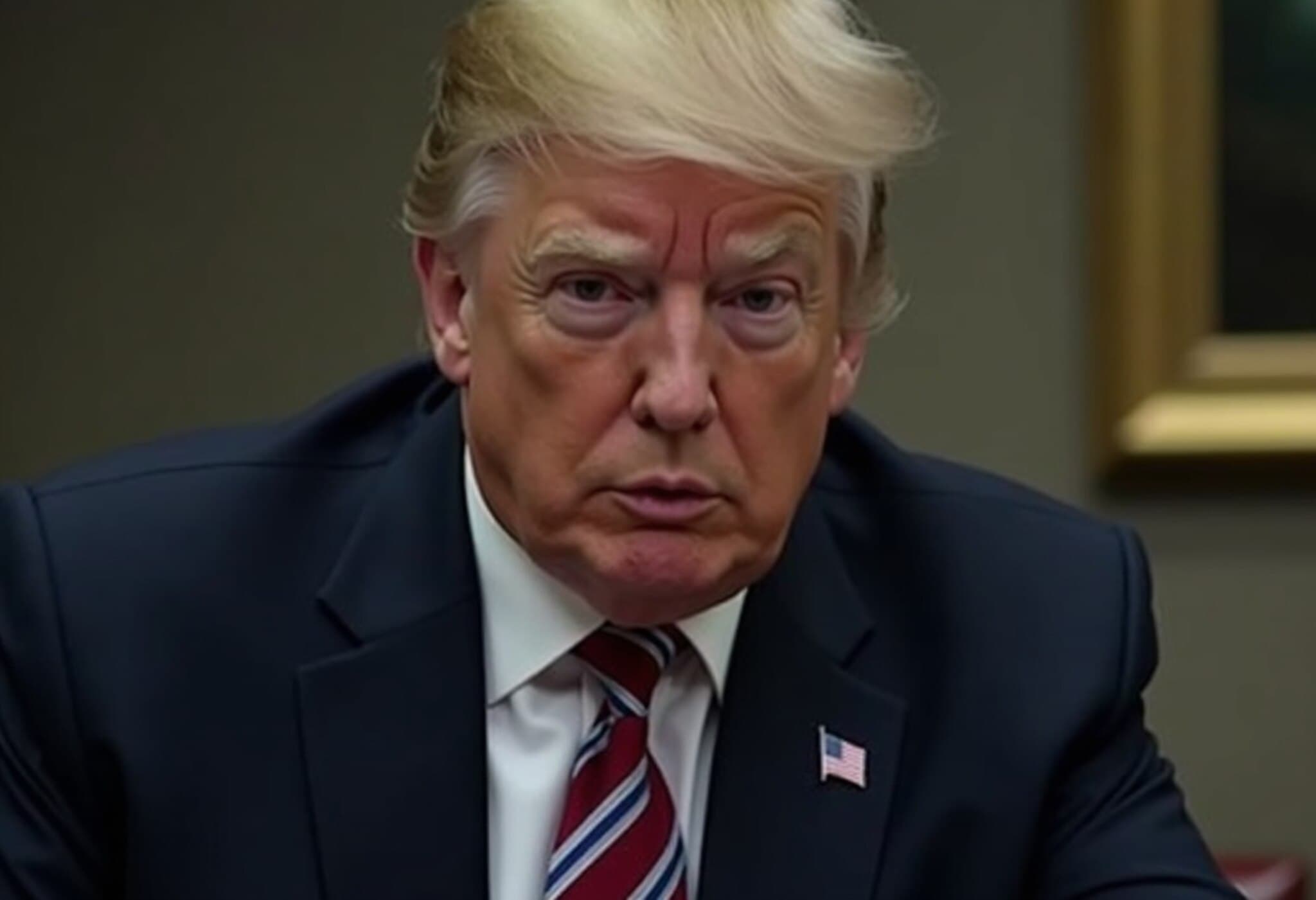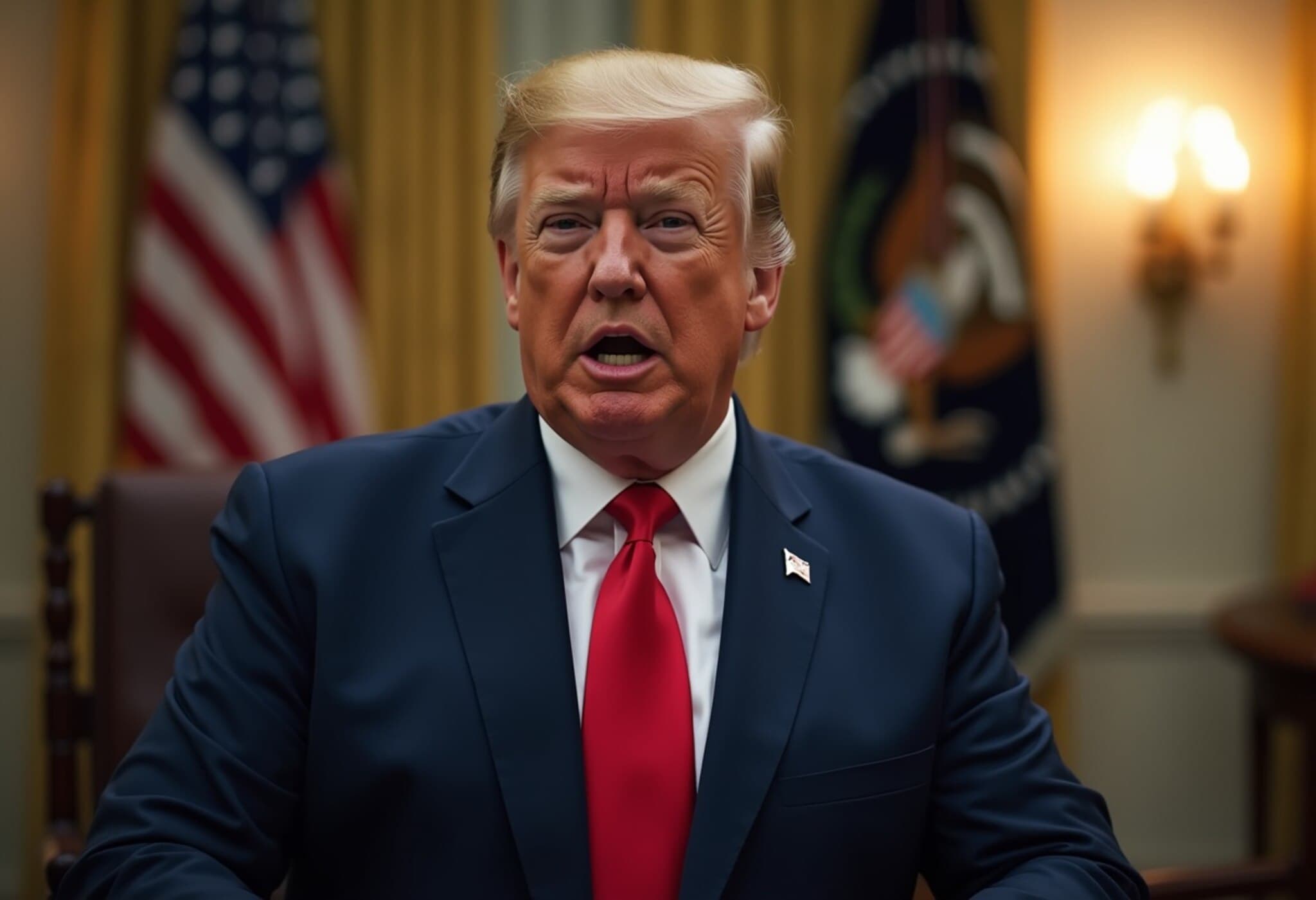Trump Calls for Disclosure of Epstein Grand Jury Transcripts
On July 17, 2025, former U.S. President Donald Trump publicly urged Attorney General Pam Bondi to release all grand jury testimonies related to the notorious Jeffrey Epstein case. Expressing frustration over what he termed "ridiculous" media coverage surrounding Epstein, Trump’s announcement came via his social media platform Truth Social, where he emphasized that the release would be subject to court approval.
Justice Department Poised to Unseal Transcripts
Responding swiftly, Attorney General Bondi declared the Justice Department's intention to file a motion in court by Friday to unseal these grand jury transcripts. Bondi's readiness signals a potential turning point in transparency concerning the Epstein investigation, which has been shrouded in secrecy and speculation for years.
Background: Epstein’s Convictions and Controversies
Jeffrey Epstein, a financier with connections to high-profile political and social figures, was first publicly accused of sexual abuse in 2006 and entered a controversial plea deal. In 2019, he was arrested again on charges of sex trafficking minors but died by suicide in prison before trial. The case has since ignited numerous conspiracy theories, many unsubstantiated, about his clientele and circumstances of death.
Political and Public Reactions
- Trump’s call to release transcripts aligns with demands from many of his supporters who have long sought further disclosure about Epstein’s network.
- Despite this, Trump has previously dismissed broader allegations linking him to Epstein as a "hoax," even threatening legal action against media outlets for stories alleging inappropriate correspondence.
- Attorney General Bondi previously promised revelations including names and flight logs that could shed light on Epstein’s operations.
Why This Matters: Transparency and Trust in High-Profile Investigations
The Epstein case is more than a criminal investigation—it is a litmus test for institutional transparency amidst public demand for justice in cases implicating powerful individuals. The potential unsealing of grand jury transcripts may offer new insights but also raises difficult questions:
- Can releasing the transcripts restore public trust or merely fan the flames of controversy?
- How will the courts balance victims’ privacy rights against the public’s right to know?
- What implications might disclosures have for ongoing investigations into sex trafficking and abuse networks?
Expert Commentary
Legal experts note that grand jury materials are typically sealed to protect the integrity of investigations and the privacy of witnesses. However, unsealing such documents in cases of significant public interest can set important precedents about government transparency. Furthermore, this development underscores the challenges in navigating politically charged narratives that entwine law, media, and public opinion.
Looking Ahead: What to Expect
The Justice Department's anticipated court filing marks the beginning of what may become a significant chapter in the Epstein saga. Media outlets, policymakers, and citizens alike will be watching closely as these documents emerge, potentially reshaping the public discourse on power, accountability, and justice in America.
Editor’s Note
The move to unseal Jeffrey Epstein’s grand jury transcripts arrives at a complex intersection of politics, justice, and media scrutiny. While transparency can illuminate truths long obscured, it also risks amplifying misinformation if not contextualized responsibly. Readers should watch carefully how these developments unfold and consider the broader implications for the justice system's role in confronting abuses linked to influential figures.

